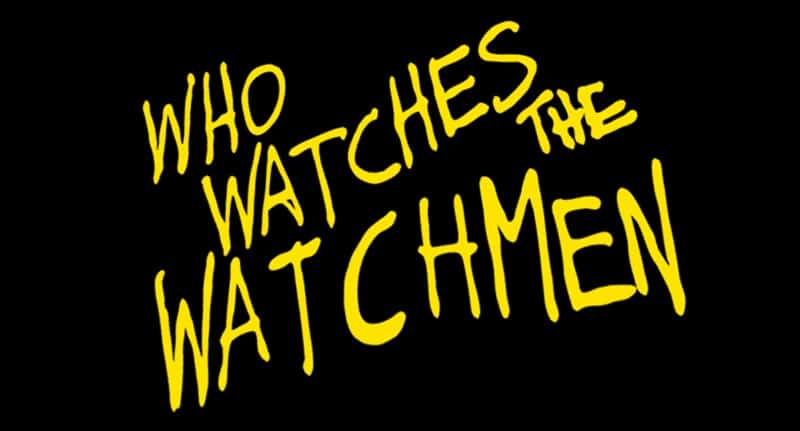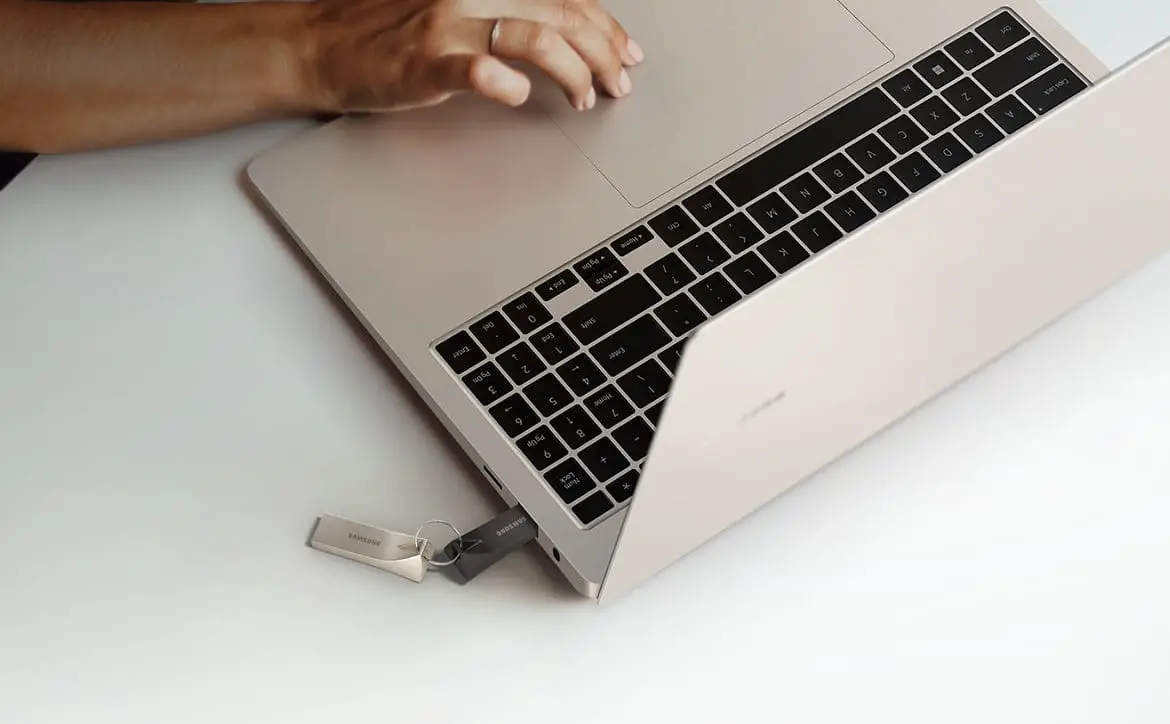Most of us know there are three credit bureaus collection our personal financial data: Trans Union, Experian, and Equifax. We also know that the last name mentioned on that list was hacked. But what many of us don’t know, is that there are other agencies collecting your data. One such agency is the National Consumer Telecom and Utilities Exchange. I guess that’s not all that strange but it is interesting that Equifax, the company who had a 143 million-file data breach owns the National Consumer Telecom and Utilities Exchange.
The National Consumer Telecom and Utilities Exchange is a nonprofit association that tracks payment data for utility bills. The association is a separate entity from Equifax so freezing your credit file with Equifax does not freeze your files held by the NCTUE. This fact has not gotten past identity thieves who are opening accounts using the information from the NCTUE.
“People have come to us because crooks are opening utility accounts in their names even though they had placed credit freezes on their files with all the major credit bureaus,” Kerskie says. Solving the mystery of these fraudulently opened accounts is what caused Kerskie to discover the NCTUE database, she adds.
While any type of utility account could be open to fraud as the result of this database, the biggest risk is with phone bills, she says. That’s because crooks can quickly monetize the crime by opening a phone account to nab a “free” – actually financed – cell phone, which can be quickly resold. The crook pockets the cash and walks away, while the victim whose information was purloined finds his or her credit damaged in a report that the victim might not have known even existed.
But the kicker is, the National Consumer Telecom and Utilities Exchange isn’t the only place your data is being housed. According to CBS, there are dozens more “consumer reporting companies” who are keeping track of your financial records.
But even freezing your file with all five of these bureaus won’t lock down your credit completely. Unknown to most consumers, there are dozens of databases that collect “specialty” payment information, such as how promptly you pay your rent, how frequently you make insurance claims, and your medical payment history. Indeed, the Consumer Financial Protection Bureau publishes a 36-page listing of “specialty consumer reporting companies.”
All of these companies storing sensitive data that could and has been breached, the Equifax hack is proof. It’s a wonder that Equifax, or any credit reporting agency, is worth trusting when they can’t protect the information of millions of people.
Who watches the watchmen?

What do you think of all these organizations and companies collecting and storing your financial data? Let us know in the comment section below, or on Google+, Twitter, or Facebook.
[button link=”https://www.msn.com/en-us/money/personalfinance/this-little-known-credit-database-boosts-fraud-risk/ar-AAxm4BS” icon=”fa-external-link” side=”left” target=”blank” color=”285b5e” textcolor=”ffffff”]Source: MSN[/button]









